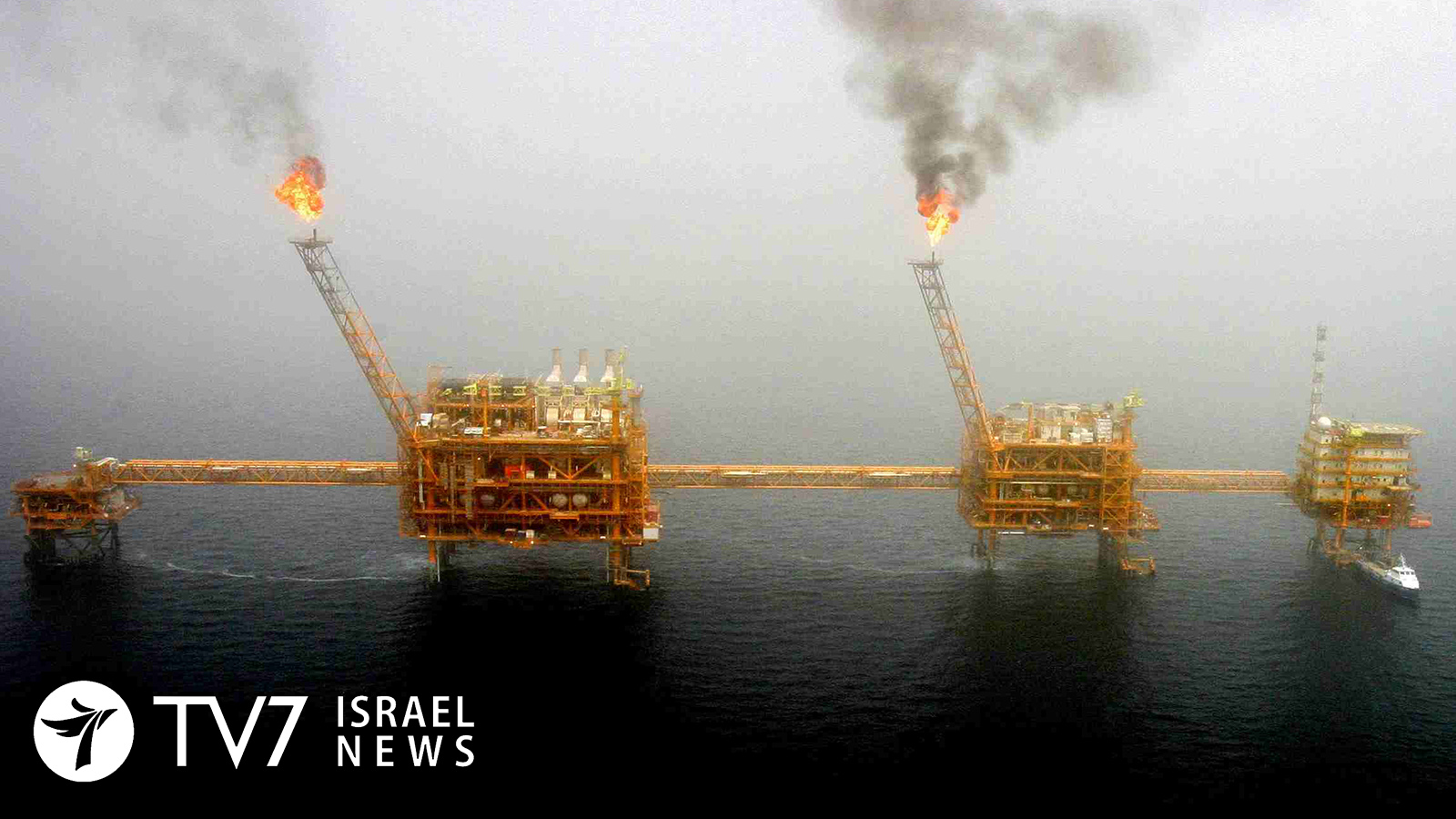A senior commander of Iran’s Revolutionary Guards Corp today threatened to seize a British vessel, if the Grace 1 supertanker impounded in Gibraltar yesterday is not released immediately. Major General Mohsen Rezai, who is also secretary of Iran’s powerful state Expediency Council, tweeted “If Britain does not release the Iranian oil tanker, it is the authorities duty to seize a British oil tanker.”
Iran also summoned the British ambassador in Tehran for reproach over what it claimed was the “illegal seizure” of a supertanker in Gibraltar on Thursday, Iranian state TV quoted Foreign Ministry Spokesman Abbas Mousavi as saying. British Royal Marines and local officials detained the Grace 1, in a dramatic step that could escalate the confrontation between the West and Iran as the 2015 international accord aimed at halting Iran’s nuclear program continues to unravel.
Gibraltar is a British Overseas Territory on the edge of southern Spain, and the tanker was boarded at the mouth of the Mediterranean Sea. Rather than pass through the Suez Canal, possibly due to the weight of its estimated 2m barrel cargo, it sailed a circuitous route around Africa from the Persian Gulf. Shipping data indicates it was loaded with Iranian oil off the coast of the Islamic Republic, contrary to its documents the crude is from neighboring Iraq. But the likelihood that the cargo was in fact Iranian draws a link between this incident and a new U.S. effort to halt all global sales of Iranian crude, in what Tehran has described as an illegal “economic war” against it.
Gibraltar’s Chief Minister Fabian Picardo said the seizure was ordered based on reasonable suspicions the vessel was transporting its cargo to the Banyas Refinery in Syria, in violation of European Union sanctions slapped against the regime of President Bashar al Assad for alleged human rights violations during the civil war that has raged in the Arab Republic since 2011.
Picardo specified that with his consent, Gibraltar’s “Port and Law Enforcement agencies sought the assistance of the British troops in carrying out this operation.” The Chief Minister thanked “the brave men and women of the Royal Marines, the Royal Gibraltar Police, Her Majesty’s Customs Gibraltar and the Gibraltar Port Authority” for their actions, adding that “Be assured that Gibraltar remains safe, secure and committed to the international, rules-based, legal order.”
No mention as to the origin of the oil, and ownership of the vessel was unclear until the IRGC and Tehran’s Foreign Affairs Ministry identified the Grace 1 as “Iranian.” The tanker was reportedly flagged by Panama until one month ago.
London’s Ministry of Defense welcomed what it referred to as “firm action by the Gibraltarian authorities, acting to enforce the EU Syria Sanctions regime” and claimed the British troops were acting at all times under the Gibraltar’s authority, but Spain’s Acting Foreign Minister Josep Borrell said the request came from Washington.
The maneuver comes amid heightening tensions between the U.S. and Iran. The Ayatollah Regime has abandoned major curbs on uranium enrichment dictated by the Joint Comprehensive Plan of Action nuclear deal and allegedly sabotaged foreign oil tankers in the Strait of Hormuz, in an apparent game of brinkmanship against the reimposition of crippling economic sanctions by the White House.
U.S. National Security Advisor John Bolton greeted the ship’s impounding with a tweet “Excellent news: UK has detained the supertanker Grace I laden with Iranian oil bound for Syria in violation of EU sanctions,” adding “America & our allies will continue to prevent regimes in Tehran & Damascus from profiting off this illicit trade.”
European countries have tried stay neutral in that confrontation, which saw the United States call off air strikes against Iran just minutes before impact last month, as Tehran continues to amass stocks of uranium enriched at ever-higher levels in violation of the JCPOA – narrowing the breakout time to develop nuclear weapons.
Israel, which Iran has threatened to annihilate, has repeated its vow to prevent its arch-foe from acquiring atomic bombs. Following a warning in recent days by a senior Iranian lawmaker that the Jewish State will be destroyed “in half an hour” if his country is attacked by the U.S., Jerusalem revealed its own preparation of possible military involvement if the dispute between Washington and Tehran erupts into a wider conflagration.
